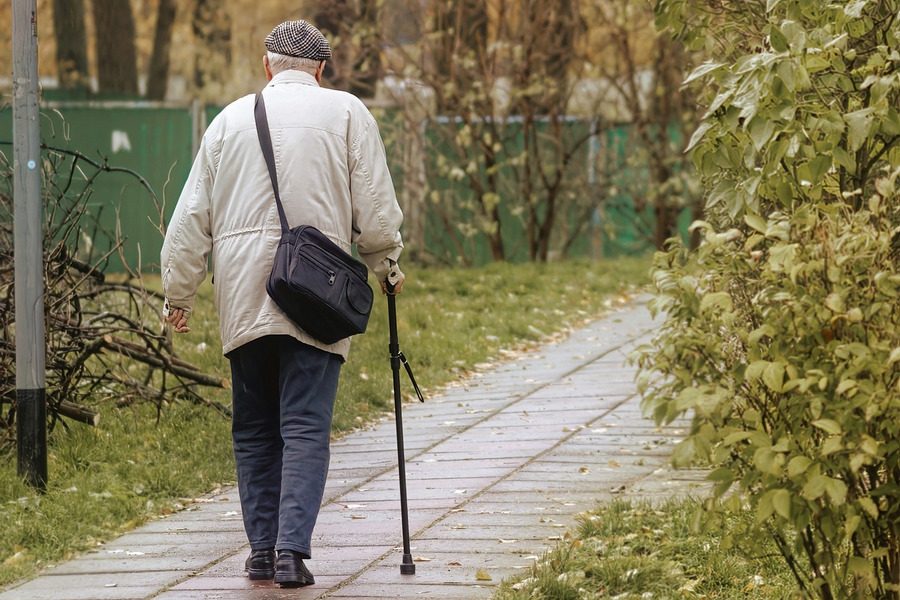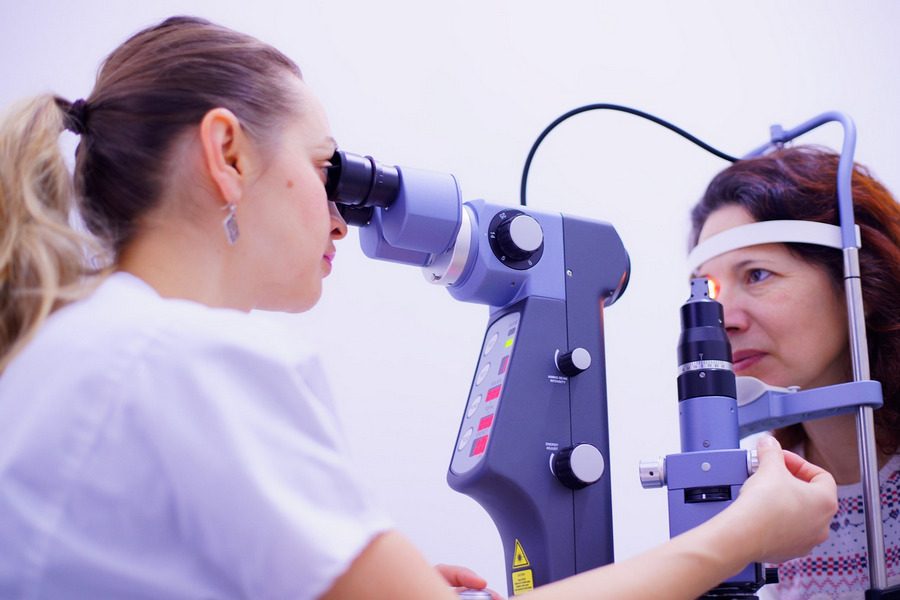Innovations for seniors can help families or caregivers struggling with providing care for aging loved ones. The best care for your loved ones starts with you. You want to make sure that they are happy and healthy, but sometimes it’s hard to know what changes need to happen in their lives.
With aging, tasks that used to be mindless and straightforward can become extremely difficult, especially when accompanied by an age-related disease like Parkinson’s or Alzheimer’s. Although it is often challenging to introduce technological solutions to your parents, developers have designed countless inventions to assist the elderly, handicapped, or other at-risk individuals.
Below we will highlight some solutions for problems associated with aging. These innovations will help older adults live happier, healthier lives at home, or in an assisted living or nursing facility.

Mobility
One out of four adults over the age of 65 will fall this year. Unfortunately, this is the leading cause of injury or even death for those in this group.
According to the World Health Organization, seniors’ risks for falling can be due to physical, sensory, and cognitive changes associated with aging, along with environments that haven’t been properly adapted for disabilities. In fact, more than half of all elderly falls happen in a familiar setting — the senior’s home.
For this reason, there are thousands of solutions for those with mobility issues. Alert buttons have existed for ages. These devices alert authorities when seniors fall.
One of the biggest challenges is getting your senior loved one to use the product you’ve gotten for them. A major issue for seniors not wanting to wear alert buttons is that it signals to the entire world that they are frail or need help. A lot of these necklace pendants or bracelets are bulky, which draws unwanted attention.
Another problem with technical advancements for elders is difficulty understanding all the widgets and applications that today’s technology uses. That’s why some companies are trying to make these alert buttons look sleek without having too much confusing tech for your loved one to deal with.
Now, there are alert buttons that look like smartwatches but only have one use — to call emergency services.
What if your loved one has already fallen and gotten injured in the past? Studies show that falling once is often an indicator that an individual will fall again. Whether your loved one has agreed to wear their alert button or not, they may wear something else to prevent injury in the case of another fall.
Belts now engage an airbag-like feature moments after a fall, which should deploy before the wearer hits the ground. Seniors can also wear padded undergarments. Some even have sensors that alert authorities when a large impact has occurred.

Sight
Approximately one in three people will develop a vision-reducing eye disease in their golden years. Even with no eye disease, our vision becomes poorer with age.
Even without age as a factor, about 75% of adults need vision correction, whether that be glasses or contact lenses. So, it’s no surprise that there are a lot of innovations to help those with vision impairment navigate the world around them.
Although these examples are for seniors, keep in mind that they can benefit the visually impaired of all ages.
Even with a steep up-front cost at around $6,000USD, there are glasses designed to improve the functional vision of those with “low vision or legal blindness.” If your loved one has difficulty because of their low vision, eSight devices may be of interest. This company creates glasses for those with low visual acuity caused by over 20 eye conditions or diseases.
While some of us may not need this type of device, something that almost anyone could find useful is motion-sensor lights to illuminate a dark hallway without finding the light switch.
Similarly, those who use a cane to aid in their visual function can purchase a computerized cane with the ability to detect obstacles and provide audio, describing the immediate environment to the user. Once you’ve loaded a route into the cane’s computer, a motorized tip will guide the user to their desired location.
While living with vision impairment during old age can be difficult, technological advancements have allowed many options to improve the standard of living.

Safety
With memory loss and cognitive decline accompanying aging, it’s easy for seniors to mis-administer their many medications. This can be extremely dangerous, where your loved one could mistakenly skip doses or take the wrong medications.
For this reason, there are many options for the automatic dispensing of medication. Some products can alert caregivers if seniors have not taken their medication. Or remind you when to refill your prescription.
Another frequent issue in the senior community because of forgetfulness is leaving the oven or stovetop on. Of course, this is extremely dangerous, as elders are most at risk of dying in fires.
Some devices attach to your burner nobs that send auditory and visual cues to show heat is on. Consider researching these options if your loved one is a multi-tasker in the kitchen or is showing signs of absentmindedness.
Regardless of how many innovations there are available for elders, many seniors are unwilling to use new technologies that force them to face the reality of aging. Rather than shaming your loved ones into using these innovations, let them know how much their safety is important to you.
Remind them that these inventions and devices can reintroduce independence and freedom to your loved ones. It might take time, but using new technology or device can significantly improve our quality of life in our golden years.
Innovations for Seniors – Conclusion
For seniors with dementia, the struggles and challenges can be many. The good news is that we live in a time where there are more innovations for seniors than ever before to help make their lives better.
Applewood Our House provides seniors with dementia the tools they need for a better quality of life. We offer assisted living and memory care at each of our five locations. If you would like more information about our services, contact us at (303) 956-9037 – we look forward to hearing from you!






